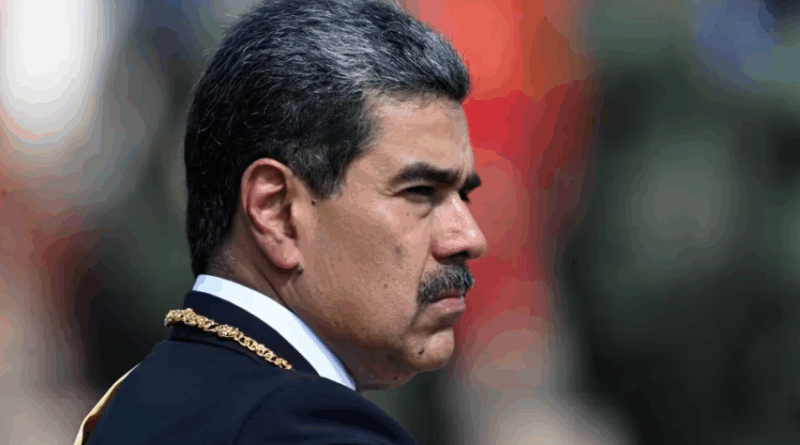Trump Hikes Bounty On Venezuela’s Maduro To $50M
President Donald Trump has doubled the U.S. government’s reward for information leading to the arrest of Venezuelan dictator Nicolás Maduro, raising it to a staggering $50 million. The move marks an aggressive escalation in Trump’s renewed pressure campaign against the narco-regime in Caracas, which the administration continues to classify as a threat to American national security.
Attorney General Pam Bondi announced the bounty increase Thursday in a video statement, laying out the administration’s case against Maduro and describing him as one of the “world’s most dangerous narcoterrorists.”
“Maduro uses foreign terrorist organizations like TDA, Sinaloa, and the Cartel of the Suns to flood our country with deadly drugs and horrific violence,” Bondi said. “The DEA has already seized 30 tons of cocaine linked to Maduro and his regime — with nearly seven tons tied directly to Maduro himself.”
Bondi also revealed that U.S. authorities have seized more than $700 million in Maduro-connected assets, including two private jets and multiple luxury vehicles. Despite the crackdown, she warned that the Venezuelan strongman continues to operate with impunity, propped up by criminal networks and rogue states.
“His reign of terror continues,” she said. “Maduro is a direct threat to the United States, and this administration is putting him on notice: You will be brought to justice.”
The reward hike follows months of intensified scrutiny on Maduro’s regime, which has long been accused of election fraud, political repression, and mass human rights abuses. The Department of Justice originally placed a $15 million bounty on Maduro’s head in 2020 under Trump’s first term. In January, the Biden administration quietly increased it to $25 million, but Thursday’s announcement marks the largest reward ever placed on a foreign head of state.
Trump has made clear that the United States still does not recognize Maduro as the legitimate leader of Venezuela. The U.S. government considers the 2018 presidential election in Venezuela to have been deeply fraudulent, and continues to support free and fair democratic reforms.
During his first term, Trump implemented sweeping sanctions on Venezuela’s state-run oil company, PDVSA, and targeted allies of Maduro with travel bans and asset freezes. That pressure campaign forced the regime into an economic tailspin, exacerbating the mass exodus of Venezuelans — many of whom have fled to neighboring countries or crossed the U.S. southern border.
Venezuela holds the world’s largest proven oil reserves, but under Maduro, its economy has disintegrated. Oil remains the regime’s primary lifeline, and recent U.S. efforts to leverage that dependency have been central to Trump’s foreign policy calculus.
Earlier this year, Trump canceled a license allowing Chevron to operate in Venezuela, which had been granted in 2022 under Biden. However, Trump reversed that decision in July as part of a prisoner swap that successfully returned 10 American hostages. Chevron’s license was renewed as a one-time diplomatic concession, but the Trump administration made clear it does not represent a broader thaw.
By raising the stakes with a $50 million bounty, Trump is signaling that the days of leniency are over. It is a blunt message not only to Maduro, but also to his enablers in Cuba, Iran, and other rogue nations: The United States is coming for the world’s most dangerous tyrants — and no amount of oil money will shield them from accountability.

